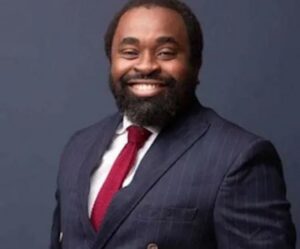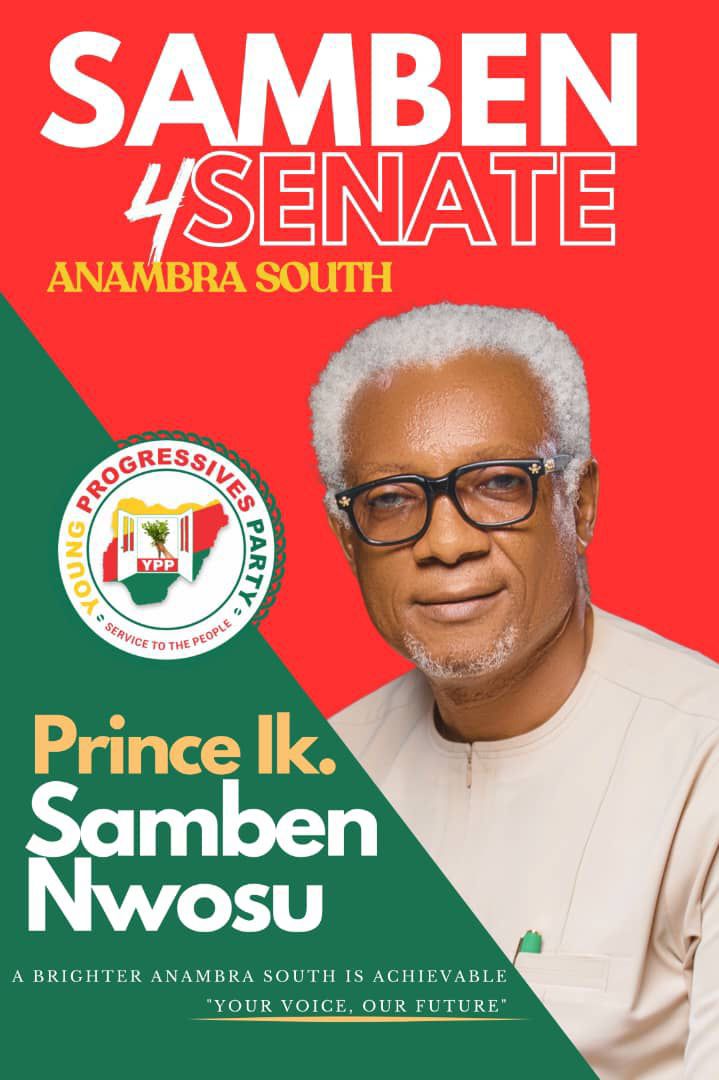
By our Reporter
Justice Musa Kakaki of the Federal High Court, Ikoyi, Lagos will on April 15, 2025 rule on the admissibility or otherwise of the written statement of Mr. Olukayode Olusanya, Chief Executive Officer of Oak Homes Limited, who was docked by the Nigerian Police for allegedly defrauding a Nigerian-American engineer, Anthony Ugbebor, of N152 million.
Justice Kakaki set the date following arguments from both the prosecution and defence counsels over the admissibility of the defendant’s statement and a petition written against him.
Mr. Olusanya and his company, Oaks Homes Limited are facing a four count charge brought by the Zone 2 Police Command, Onikan, Lagos, bordering on conspiracy, threat to life, obtaining money under false pretense, and stealing.
He was arraigned on November 26, 2024, but pleaded not guilty.
According to the police prosecutor, between November 8, 2017, and August 4, 2020, Olusanya conspired with Lynda Umeh, the company’s head of sales and marketing, who is currently at large, and deceived Engineer Ugbebor into paying N152m for two three-bedroom apartments at the Oak Residence, Victoria Island, Lagos, with a promise to hand over possession by February 28, 2019. But they failed to deliver the property.
When the matter came up for hearing on February 11, 2025, Omo-Osagie called the first prosecution witness, Egho Amiebelomo, an Assistant Superintendent of Police, ASP.
The witness told the court that the office of the AIG, Zone 2, Lagos received a petition from Ugbebor, which led to an investigation. He said the accused refused to honour police invitation but claimed the Zone 2 Police Command, Onikan, Lagos, headed by an Assistant Inspector General was “too small” for him.
According to the witness, he was eventually arrested at his office and later released on bail. However, he absconded for months before being rearrested and brought to court.
The prosecution counsel sought to tender two documents – the petition against Olusanya and his written statement – as exhibits.
But Olusanya’s counsel, Agboola Adeleke, SAN, objected, arguing that the statement was not taken in the presence of a lawyer or video-recorded, as required under Section 9 of the Administration of Criminal Justice (ACJ) Act.
However, Omo-Osagie, the prosecution countered that the defence’s objection was misplaced. He cited Section 15(4) of the ACJ Act which allows for statements to be recorded with or without video evidence.
He also argued that the petition was a public document and, therefore, admissible in court.
His words: “Sections 100-104 of the Evidence Act 2011, particularly Section 103, stipulate that any document in the possession of a public officer is a public document.
“The petition originated from a private citizen but was officially received and acted upon by the AIG, with official stamps and directives. That makes it a public document, admissible under the law.
“The key question here is whether this document is relevant to the trial of the defendant. Since it is, we urge the court to dismiss the objections raised by the defence and admit the evidence.”
After listening to both counsels, Justice Kakaki adjourned the case to April 15, 2025, for ruling on the objections and continuation of trial.






